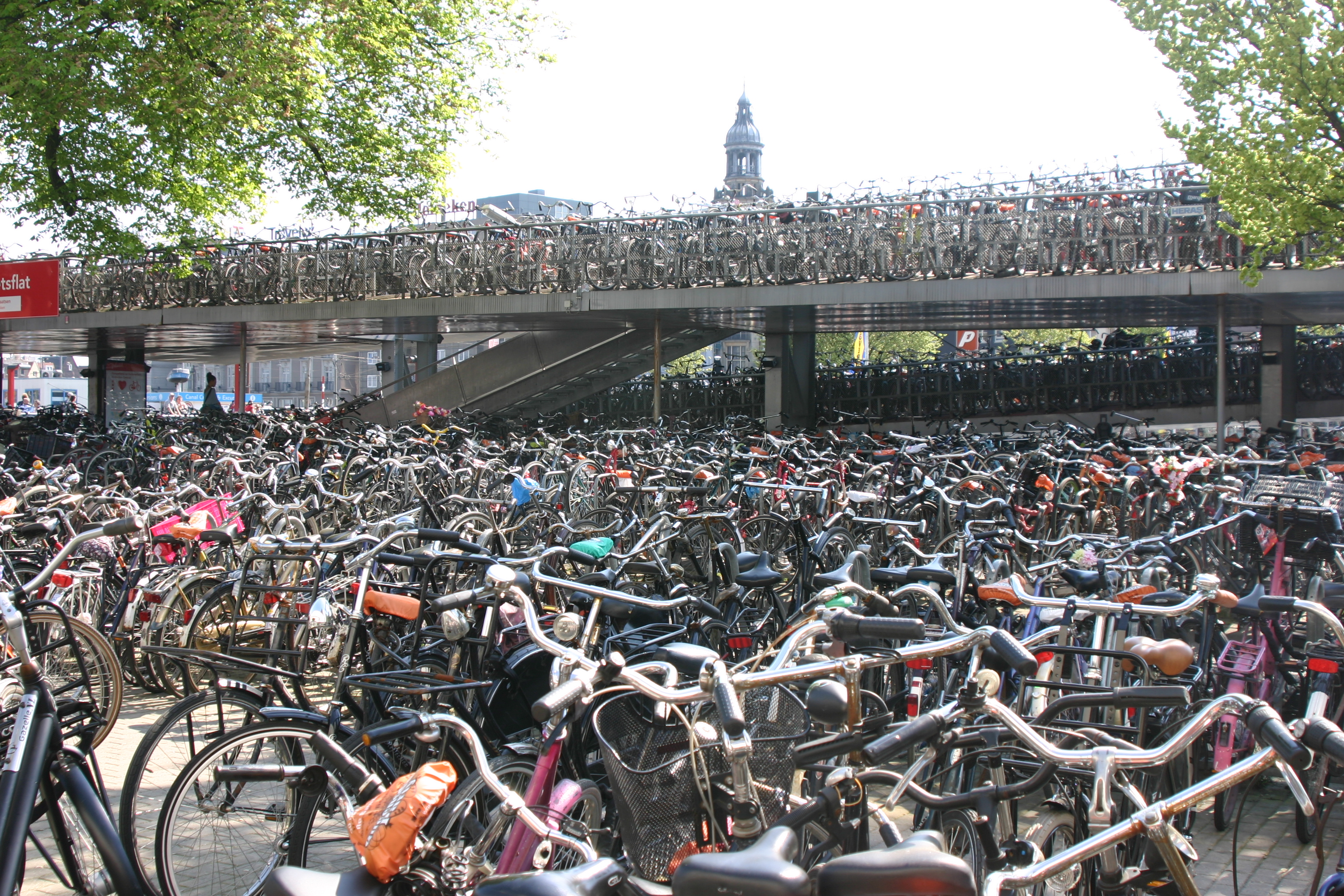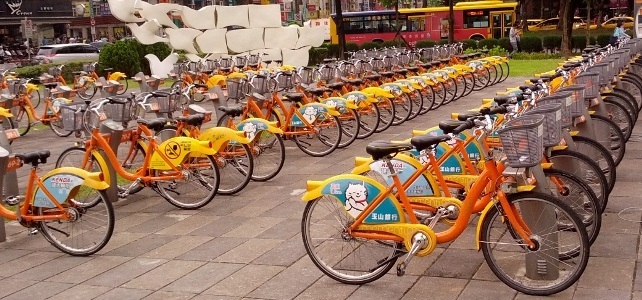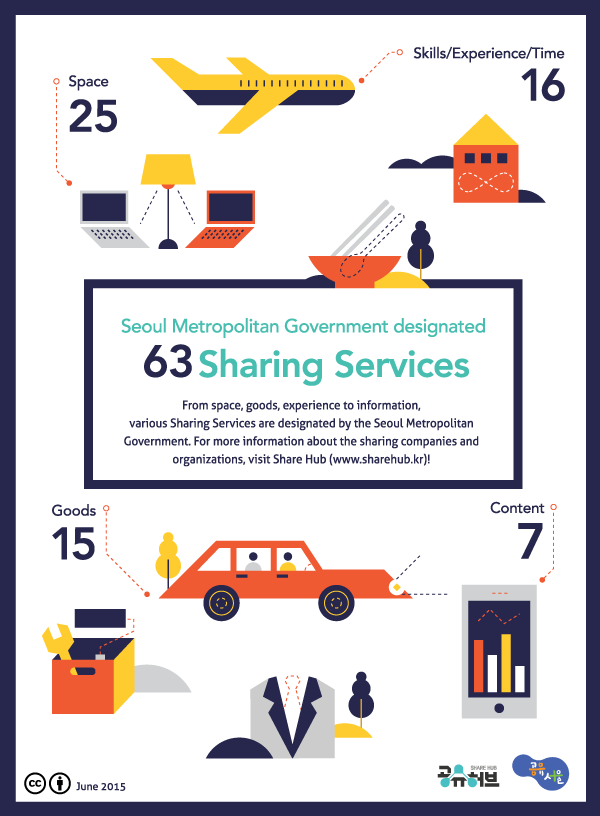When we look at the way society functions in modern times, we seem to forget that amongst the teeming masses of humanity are made up of individuals.

The thoughts and beliefs, as well as the actions of individuals in this mass of humanity we call society shape the future, the reality of our existence as we know it.
It is then imperative that we understand our own power as an individual. Power is simply the ability to do, to change, or to affect change in a situation, in reality.
“Be the change that you wish to see in the world”
— Gandhi
The fact that we can affect change in our society and as an individual, we must also carry out the obligation that we have to share.
To share, and create social value is a very natural human phenomenon, albeit not restricted to Homo Sapiens alone. To share and to consciously understand and create sharing movements, and values, as well as social value is however, a uniquely human concept.
Sharing is not limited to advertisements on billboards, nor is it, or should it be limited to thirty second jingle tunes on the radio, accompanied on tv by a short clip.
The Sharing Movement is not about the promotion of goods, services, or values for the purpose of collecting a profit. It is a wider social movement to promote a cultural and very human need to be socially connected, through the act of sharing.
The origin of the Sharing Movement is from a cultural and human need to socially connect.
The sharing movement itself does not start, nor does it end with the physical act of sharing either – it starts with a mindset within us, as well as the understanding of what we are doing, and why.
Some people share because they feel great doing it, since altruistic acts in human behaviour actually help to propagate the altruist’s genes in the race for survival in the natural selection process. In certain cultures, sharing is seen as both a form of wealth redistribution, as well as promotion of the largesse of the patron who shares his wealth with others, hence their ability to share material goods.
But looking beyond just personal feelings as well as creating social value for ourself, sharing is about connecting people in an egalitarian manner. This is not about the promotion of our largesse, or the promotion of other’s largesse, but about us, and another person forming a connection through the need for a physical item. This connection can be formed only in the most personal of settings, as it requires trust as a currency, and trusting people is the first step to a closer community of friends, neighbours, and family.
These connections cannot be forced upon people, coerced onto people, nor can they be really effective, since being friendly, and being friendly and trusting are two different things altogether.
How we can truly see this is through ad campaigns for a friendlier neighbourhood, which rarely work. What does work however, are events where social value is created and trust slowly but surely formed amongst community members.
Sometimes, these events are initiated by the local council, made up of more outgoing members of the community, and other times, the local government(rarely).
Most of the time, these kinds of events, such as barbeque cook-outs, communal celebrations and observations of religious, cultural, or ethnic festivals open to everyone in the community are usually started by people in the community.
These are simple, yet effective tools to open up people to the idea of a sharing community that is there for every member to utilise and support.
Barbeques, celebrations and gatherings aren’t too hard to organize for someone of average means are they? yet they are the ties that bind, that hold a sharing community together.
 Yet, all these need not be started by companies. Nor governments. These can be started by you.
Yet, all these need not be started by companies. Nor governments. These can be started by you.
The people you come with into contact daily, as well as the people you talk to, can be part of the sharing movement, but you have to speak out, and more than just talk about what being part of the sharing movement means, to also act on it.
Share when you can, with the people you can
If everyone did their part, and practiced sharing in their own corner of the world, soon, communities of people accustomed to sharing naturally and consciously will form.
And then, growth of the sharing mindset will increase exponentially, since ideas spread like wildfire.
Ideas are powerful, and so are actions. Alone, you cannot reach the moon, but with friends, neighbours, and other people who share, connecting groups of people will become easier, and more viable, not just economically, but physically as well as socially.
HAPPY SHARING



 Their Sharing City Initiative defines itself by stating its overall vision as a “
Their Sharing City Initiative defines itself by stating its overall vision as a “